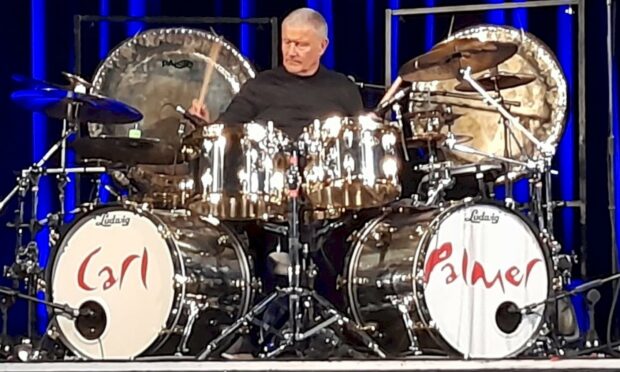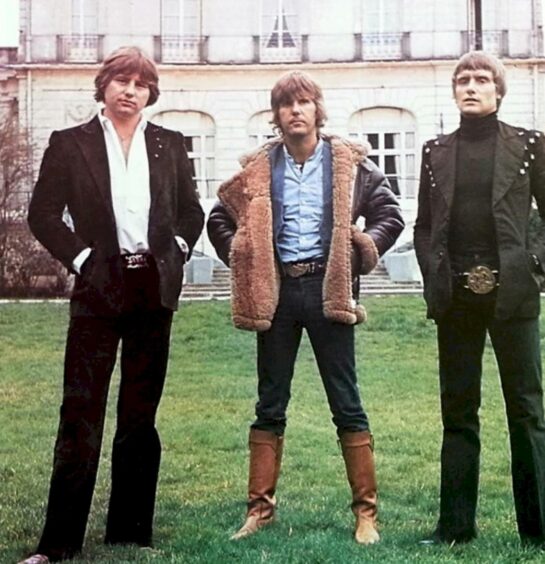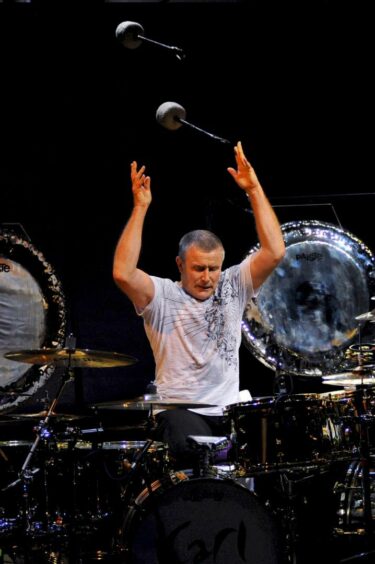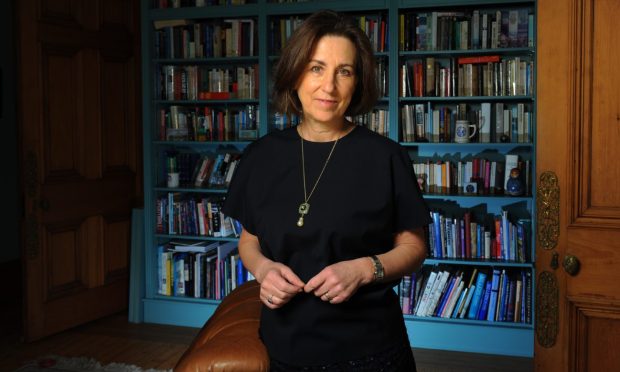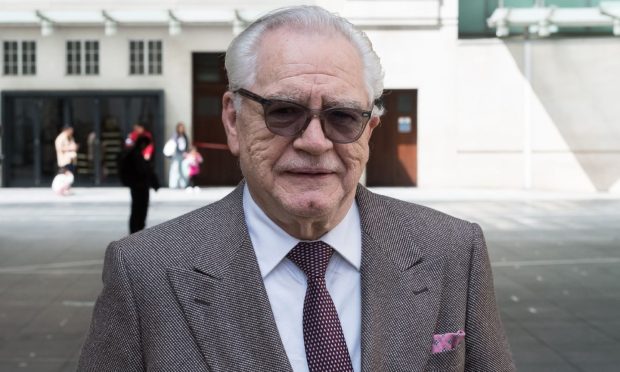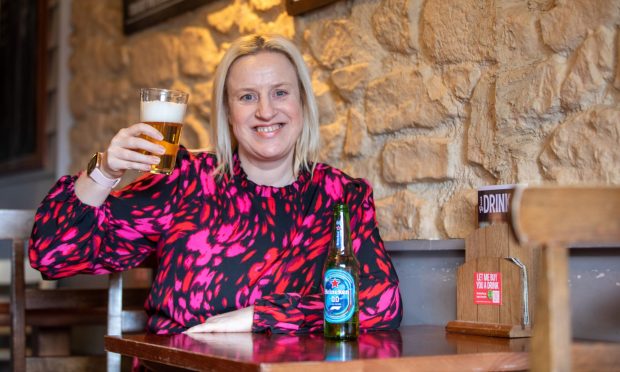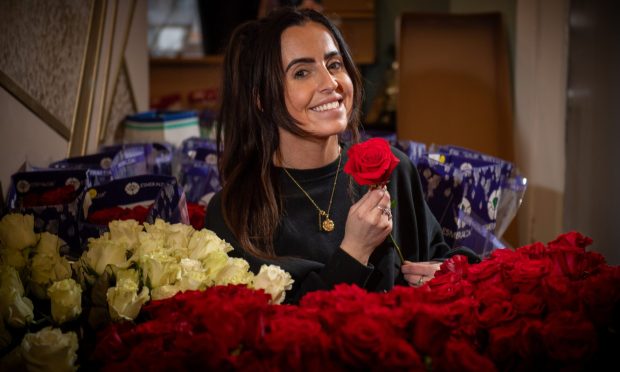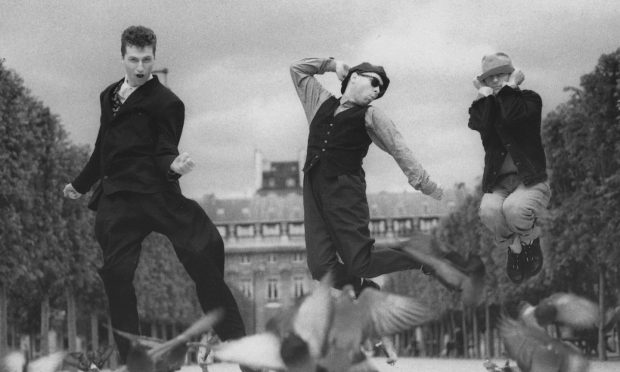Summing up the musical melting pot that was the 1970s is well-nigh impossible without mentioning prog rock.
Disco, funk, punk and reggae all captured the public consciousness during a decade in which they sat uncomfortably alongside an innovative genre that was completely out on a limb.
This was because prog rock avoided standard pop traditions in favour of the kind of elaborate instrumentation that had hitherto only been found in jazz or classical music.
50 years later
It’s now 50 years since the progressive scene was approaching its commercial peak, with chief among its exponents being Emerson, Lake and Palmer.
Formed in April 1970, the English supergroup comprised prog pioneers The Nice’s keyboard wiz Keith Emerson, the equally avant-garde King Crimson’s singer and bassist Greg Lake and Carl Palmer, who earned his spurs drumming for ’60s psych legend Arthur Brown and blues rockers Atomic Rooster.
ELP’s self-titled debut album released in November 1970 became the first of four top five LPs they released in just three years, with Tarkus, Trilogy and Brain Salad Surgery cementing the band’s status as the godheads of prog.
Shot up the charts
After lying low mid-decade, the trio returned in 1977 with the double opus Works Volume I, which included the near 10-minute instrumental Fanfare For The Common Man.
Adapted from American composer Aaron Copland’s 1942 piece of the same name, the R’n’B reworking became no less epic when it was edited down to a 174-second single version that shot to number two on the UK charts.
The band’s classical aspirations and perceived pomposity were exactly what the likes of punk upstarts The Sex Pistols were railing against musically, and ELP’s 1978 farewell Love Beach was panned by the critics.
More albums, global tours
Following a successful stint in another supergroup, Asia, Brummie sticksman Palmer briefly teamed up again with Emerson in the band 3, before ELP was revived for two studio albums and a series of global tours in the ’90s.
Palmer formed his own band in 2001, which later developed into the instrumental reworkings outfit Carl Palmer’s ELP Legacy, who are playing in Kinross next week.
David Mundell, who runs Backstage at the Green Hotel, is looking forward to the drummer’s belated return to the 120-capacity venue.
His only previous visit was not long after the death in late 2016 of Lake, aged 69, which followed 71-year-old Emerson’s tragic suicide months earlier.
“Carl played here four years or so ago and I decided I would put him on twice this time, and of course with Covid it was rolled over,” says David.
‘Right on the button’
“Everyone’s feeling the pinch right now, but ticket sales for him are strong. He’s had a varied career and he’s got a young band with him and they’re right on the button – very tight.”
The Hull-born promoter reckons Legacy’s reinvention of classic material gives their shows added appeal.
“If he was to try and do carbon copies of ELP I think, personally, the critics would have a right go at him,” he reasons.
“The other two aren’t here anymore so it’s never going to be quite the same. I think he’s been very wise to word it as reinterpretations.
“Carl’s a lovely guy and I think he does exactly what he wants to do these days. ELP were one of the first bands to look after their own publishing and that sort of thing so I don’t think he has a lot to worry about.”
Jumped at the chance
David says he never saw ELP live in their heyday and that he jumped at the chance to bring Palmer, 72, to Backstage.
“I once saw he did a drum clinic at the Station Hotel in Perth a number of years ago – I think through the Drum Store,” he declares.
“I knew somebody that was booking him down in London and I thought, ‘I’ll have a go at that’. He’s one of the absolute top drummers there’s been in prog rock.
“After the gig he played here before, I said to him, ‘Please don’t think I’m being condescending, but the effort you put in on those drums is absolutely phenomenal’.
“He’s in his 70s and he’s just like a powerhouse. His retort was that he’d never touched drugs or anything in his life, that he’d looked after himself.
“You can certainly see that when he’s playing the drums.”
- Carl Palmer’s ELP Legacy play the Green Hotel, Kinross on Monday and Tuesday, April 18 and 19. Bookings via Ticketweb.
